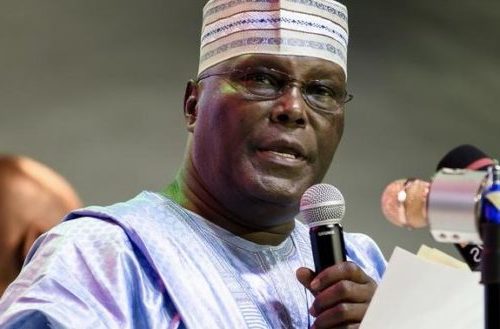
The Economist Intelligence Unit (EIU) Africa has again said that the presidential candidate of the Peoples Democratic Party (PDP), Alhaji Atiku Abubakar, will win the February 16, 2019 presidential election.
EIU Africa said the margin of victory is getting narrower as the election approaches, but Atiku and his political party will win the historic election.
“#NigeriaDecides2019: Less than 2 weeks before #Nigeria‘s presidential election. Abubakar has floated idea of corruption amnesty. It is arguably an impolitic time for such a delicate proposal,” EIU Africa tweeted on Friday.
“Abubakar is hard-pressed to convince voters that he is a clean politician, having been on the receiving end of numerous graft allegations in the past.
“We retain out forecast for #Abubakar to win, but expected margin of victory is narrowing as the poll approaches.”
In 2015, the magazine predicted victory for General Muhammadu Buhari over then incumbent, Dr. Goodluck Jonathan, stating that Buhari was “the least awful choice,” which would be chosen “with a heavy heart”.
“Voters have ample cause to send Mr Jonathan packing. In a country where power has often changed through the barrel of a gun, the opposition All Progressives Congress has a real chance of winning through the ballot box,” The Economist said in 2015.
The research unit of London-based The Economist Magazine had said in 2018 that the PDP will win the 2019 election.
“Abubakar’s pledge is to reinvigorate the economy with pro-market reforms. Both candidates are from the northern Nigeria, where Buhari’s support base lies, presaging a fierce contest there,” EIU had said.
“With the vote likely to be split in the North, Abubakar will find it easier to garner support from the country’s south, which has traditionally been a safe haven for the PDP.
“This gives Abubakar an edge, as does popular frustration over the rise in joblessness and poverty (two of the biggest voter concerns) on Mr. Buhari’s watch, as well as growing insecurity in central Nigeria.”
Copyright Ships & Ports Ltd. Permission to use quotations from this article is granted subject to appropriate credit given to www.shipsandports.com.ng as the source.
